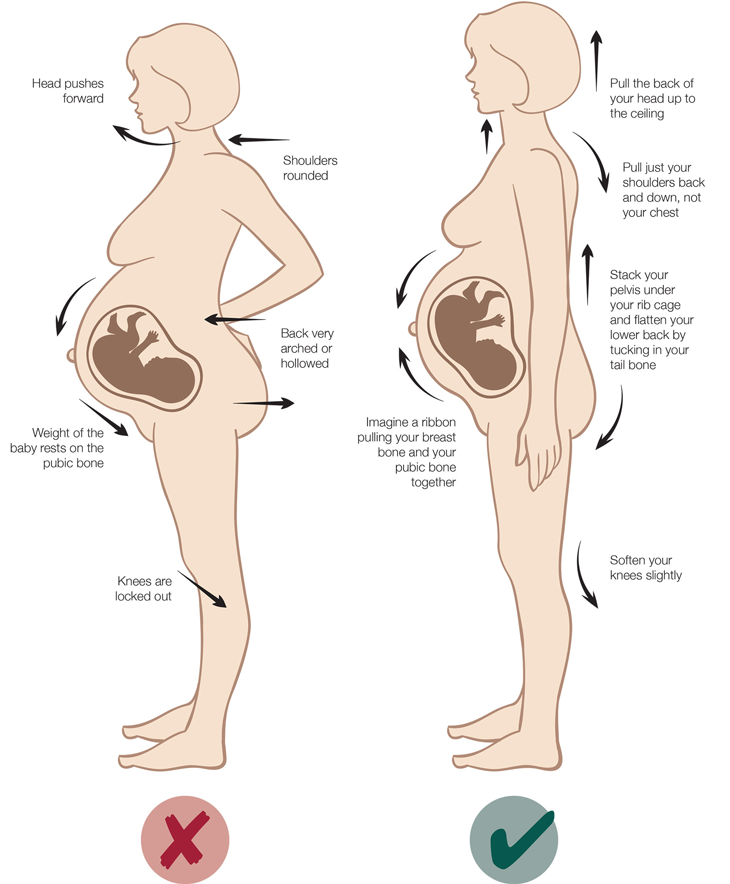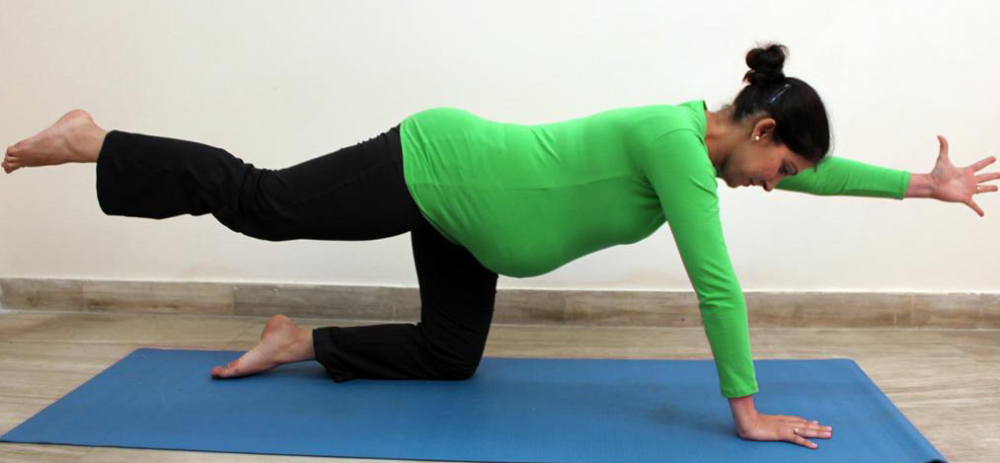Pregnancy related low back pain is a common problem encountered during second and third trimesters of pregnancy and after the months following delivery. More than half of pregnant ladies experience some back pain during pregnancy or after the delivery. Some of them may start having back pain in the first few months or even few years following the delivery.
There are various reasons for the development of back pain during pregnancy.
Mental stress associated with pregnancy and labour and the stressful post-delivery period can make the symptoms worse.
All the above factors in various combinations contribute to the back pain related to pregnancy. Although most of them are able to tolerate the pain, it can be severe in some and may need a consultation with your doctor for further investigation to rule out other causes.
Ladies with a history of back pain prior to pregnancy are at a higher risk of significant worsening of back pain during pregnancy. Pain radiating down the legs is an indicator of a possible disc prolapse with nerve root compression, although it is rare in pregnancy. Sometimes the back pain can be a sign of preterm labour, especially if the pain is rhythmic and cramp like.
Here are some essential tips that will help you prevent troublesome back pain due to pregnancy:
The symptoms and signs that indicate possible serious causes for back pain are called the “red flag” signs, which the doctors look for during examination, indicating that there is an immediate risk of further harm to the patient, needing further evaluation, in the form of spine imaging and/or blood tests to find the cause of the pain. conditions also which could be the cause for the spinal pain. An osteoporotic fracture, spinal infections like tuberculosis, a tumour that has spread to the spine are some examples. Sometimes the pain could be a warning sign of an imminent vertebral collapse or neurological impairment.


It is common to blame the spinal or epidural injection given for anaesthesia during labour or Caesarean section for the back pain that develops soon after the delivery or even years later. While it may sometimes be the cause for some back pain or head ache in the initial few days after the injection, it is not the reason for back pain that persists more than few days or starts long after the delivery. The real reason is what we just discussed above. So do not blame the needle that helped you go through the painful process and work on improving your posture and core strength instead!.
If you liked the article, please share it and subscribe to my future articles on spine problems. Thank you.!

With years of experience in spine surgery, Dr Phani Kiran S, Senior Consultant Spine Surgeon will assess you and suggest the treatment option that is right for you.
We at Medspine clinics, understand the importance of educating all our patients about the spinal problems and the most effective ways to take care of their spine.
The Ortho Clinic: Monday, Wednesday, Friday, Saturday.
Ojas Health: Tuesday, Thursday
© Copyright 2024 MedSpine. All Rights Reserved. Build with 🤍 by Digital GYB
WhatsApp us